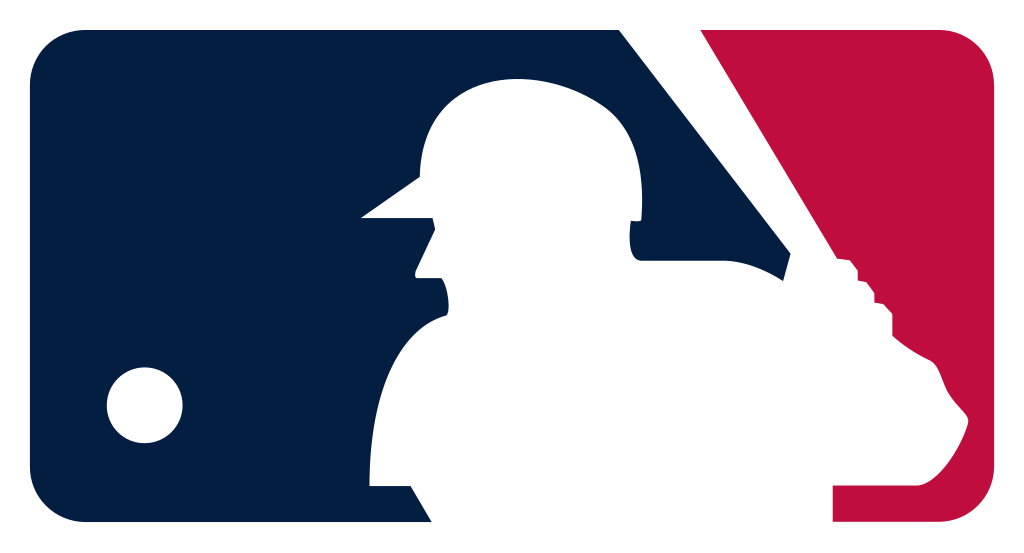On May 29, 1922, the Supreme Court ruled in the Federal Baseball Club vs. National League case that Major League Baseball (MLB) is exempt from antitrust laws, which typically apply to businesses. The Court justified its decision by stating that baseball does not engage in interstate commerce and operates as a sport regulated by individual states. This ruling has had lasting effects on the structure and operation of professional baseball to this day.
The Court’s ruling effectively allows Major League Baseball (MLB) to bypass the Sherman Antitrust Act, which was enacted in 1890. The purpose of the Sherman Act is to prevent monopolies in business and to promote free and fair competition both within the United States and internationally. It aims to help companies to operate efficiently and keep prices low for consumers. Additionally, the Act seeks to ensure a level playing field for all businesses and maintain the quality of products. In its May 29, 1922 ruling, the Court determined that the Sherman Act does not apply to Major League Baseball, granting it an exemption.
The ruling in this court case is significant because it is the primary reason why no competitors have emerged to challenge Major League Baseball (MLB) since 1922. As a result of this ruling, the MLB effectively holds a monopoly on the sport of baseball, and this situation is considered completely legal. Furthermore, the MLB’s antitrust exemption is unique among professional sports leagues in the United States. This allows Major League Baseball to maintain a level of control and flexibility that other professional sports leagues do not possess. The ruling from this case is still in effect today.

